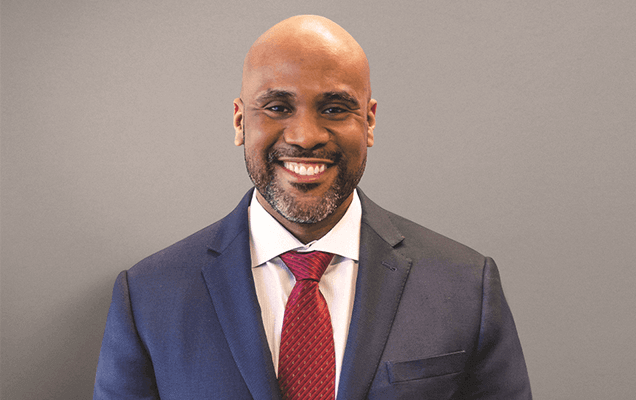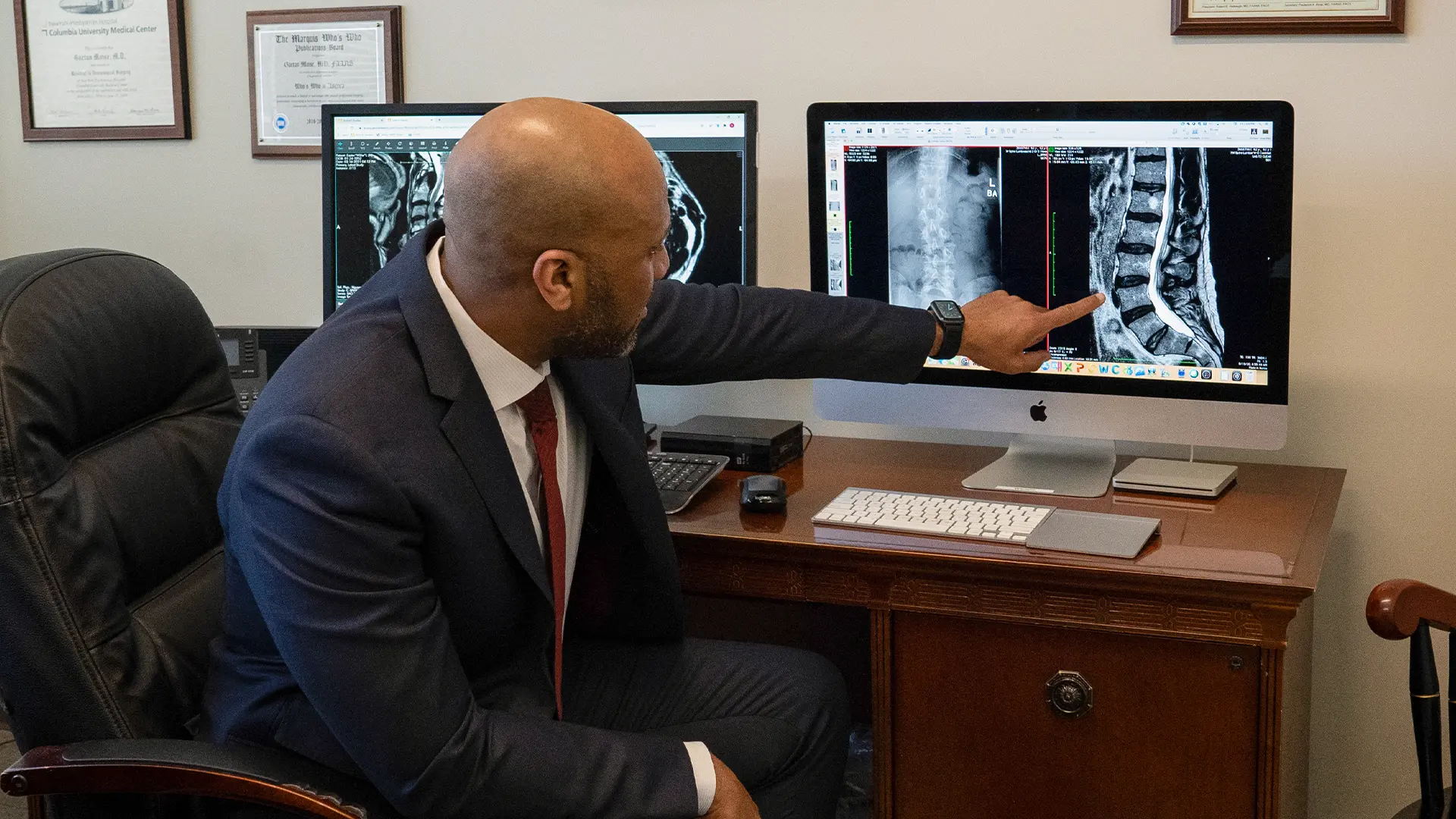Diagnosis and Treatment of Low Back Pain With A Pars Defect
A pars defect is a condition that affects the lumbar spine, which is the lower back area of the spine.
This condition is also known as spondylolysis and is caused by a stress fracture in the bony bridge called the pars interarticularis that connects the facet joints. The pars interarticularis is a small bone located at the back of each lumbar vertebra, that helps to keep the vertebrae aligned properly.
When a pars fracture occurs, it can lead to pain and other symptoms that can affect your daily life.
In this blog post, we will discuss the symptoms of a pars defect, causes, and treatment options available.
Causes of a Pars Defect
Pars defects may be present at birth from a congenital abnormality.
Pars fractures can also occur because of repetitive stress or lower back trauma. Participation in sports that have repetitive bending and twisting of the spine during childhood increases the risk of developing stress fractures through the pars. Conditions that weaken the bones like osteoporosis can also increase the chances of developing pars defects.
The pars interarticularis is a small bone that can be easily damaged by repetitive stress.
This is why young athletes are at a higher risk of developing a pars defect, as the spine during childhood increases the chance of developing stress fractures in this area of the spine.
In fact, studies have shown that up to 50% of young athletes who participate in sports such as gymnastics, football, and weightlifting can develop a pars defect. However, it is important to note that anyone can develop a pars defect, regardless of age or activity level.
Symptoms of a Pars Defect
The most common symptoms of a pars defect are low back pain, stiffness, muscle spasms, and tenderness.
More severe cases can have leg pain radiating down the leg. In some cases, pars defects may cause the affected bones to slip over the level below. This slip of the vertebra is a condition called spondylolisthesis. If excessive, this alignment problem can cause more severe symptoms, such as numbness or weakness in the legs or problems walking. Loss of bladder or bowel control is a very rare effect.
Diagnosis of a Pars Defect
If your doctor suspects that you have a pars defect, they will typically order a CT scan or MRI to confirm the diagnosis. These imaging tests can show if there is a stress fracture in the pars interarticularis.
If there is a concern that spondylosis has begun to compress the nerves, the doctor may order a test to evaluate whether the nerve signals are traveling properly to the muscles, known as an EMG/Nerve Conduction Study. In some cases, a bone scan may also be recommended to help identify any areas of the spine that may be affected by a pars fracture.
It's time to get back to doing what you love.
Treatment Options for a Pars Defect
The treatment options for a pars defect will depend on the severity of the condition.
- physical therapy
- rest
- pain management can be effective in managing the symptoms of a pars defect.
Physical Therapy
Physical therapy can help to improve the strength and flexibility of the muscles in the lower back, which can help to reduce pain and prevent future injuries. Pain management options can include over-the-counter pain medications, as well as prescription medications if the pain is severe.
Surgery
In more severe cases, surgical options may be recommended to treat a pars fracture. Surgery may be necessary if the fracture is causing severe pain or if there is a risk of further damage to the spine. Surgery may involve stabilizing the affected vertebrae with screws and rods to help support the spine and allow the fracture to heal properly.
Prevention of a Pars Defect
Preventing a pars defect can be challenging, especially for young athletes who are at a higher risk of developing this condition.
- Maintaining proper posture while sitting, standing, and lifting heavy objects
- Avoiding high-impact activities that can put stress on the lower back
- Wearing supportive shoes with good arch support
- Practicing good nutrition and hydration to support bone health

About Dr. Gaetan Moise
Dr. Gaetan Moise is an accomplished neurosurgeon in North Jersey and is a proud member of Neurosurgeons of New Jersey, practicing out of their Ridgewood office conveniently located on East Ridgewood Avenue. His compassionate evidence-based, results-driven approach is guided by his desire to help patients achieve happy, pain-free lives through non-surgical and appropriate surgical solutions. Dr. Moise’s techniques are influenced by the advancements in minimally invasive surgery technology as well as advances in the understanding of the intricacies of the nervous system, brain, and spinal cord. Dr. Moise is a member of The Congress of Neurological Surgeons and the American Association of Neurological Surgeons. He is accepting new patients.






